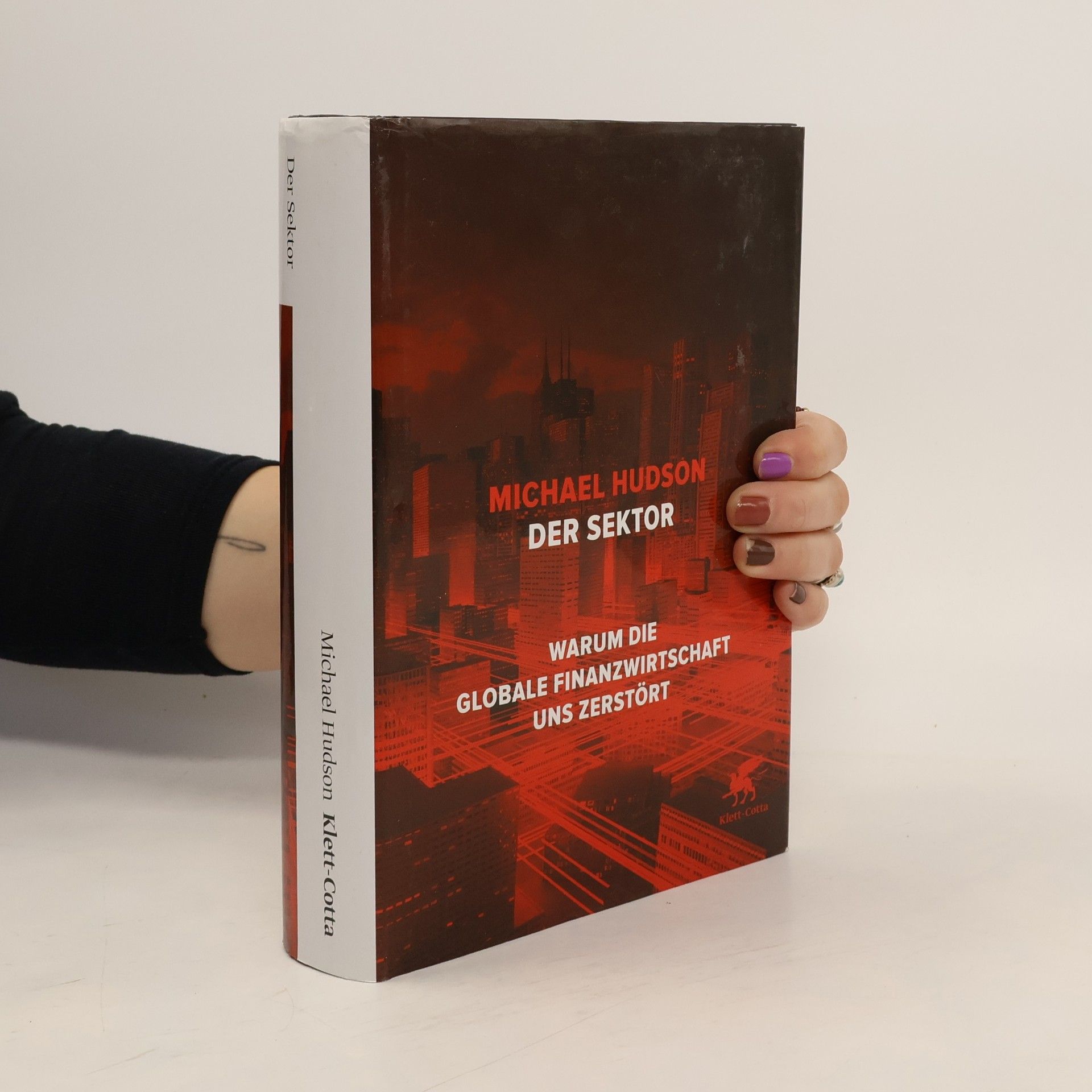Der Sektor
- 670 Seiten
- 24 Lesestunden
Michael Hudson übt eine fundamentale Kritik am kapitalistischen Finanzsystem, die unser Denken herausfordert. Er zeigt, dass Banken einen neuartigen Krieg gegen die Demokratie führen. Seine Prognosen, darunter der genaue Zeitpunkt des Platzen der Immobilienblase, haben weltweit Aufmerksamkeit erregt. Hudson analysiert eindringlich, wie die internationale Finanzwelt die Errungenschaften der klassischen Ökonomie gefährdet. An historischen Beispielen erläutert er das Konzept von „Schulden“ und bietet neue Perspektiven auf dieses Menschheitsproblem. Er entlarvt die Vorstellung, dass Verschuldung durch die Bürger gemanagt werden kann. Das Bankensystem sollte der Wirtschaft dienen, nicht umgekehrt. Hudson beschreibt, wie die Finanzwelt eine neue Art der Kriegsführung gegen das Volk betreibt, was zu gesellschaftlicher Polarisierung führt. Seine historisch fundierte Analyse legt nahe, dass weltweit Bürger revoltieren werden, da die Interessen von Gläubigern nicht mit denen der Demokratie übereinstimmen. Für Hudson ist die gegenwärtige Krise eine Frage des politischen Wollens und keine unvermeidliche Notwendigkeit. Die Wall Street hat eine Finanzmacht erlangt, die Wahlen und Schlüsselpositionen in Regulierungs- und Strafverfolgungsbehörden erheblich beeinflusst.

